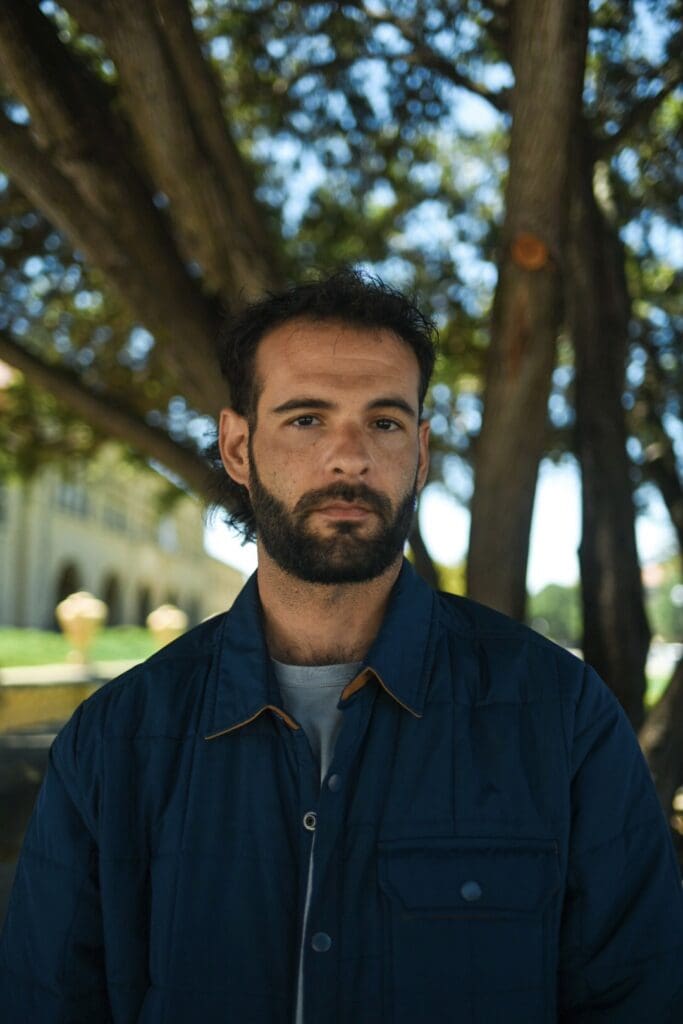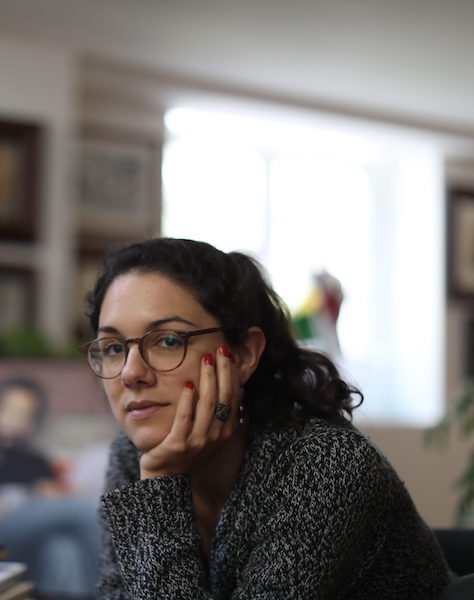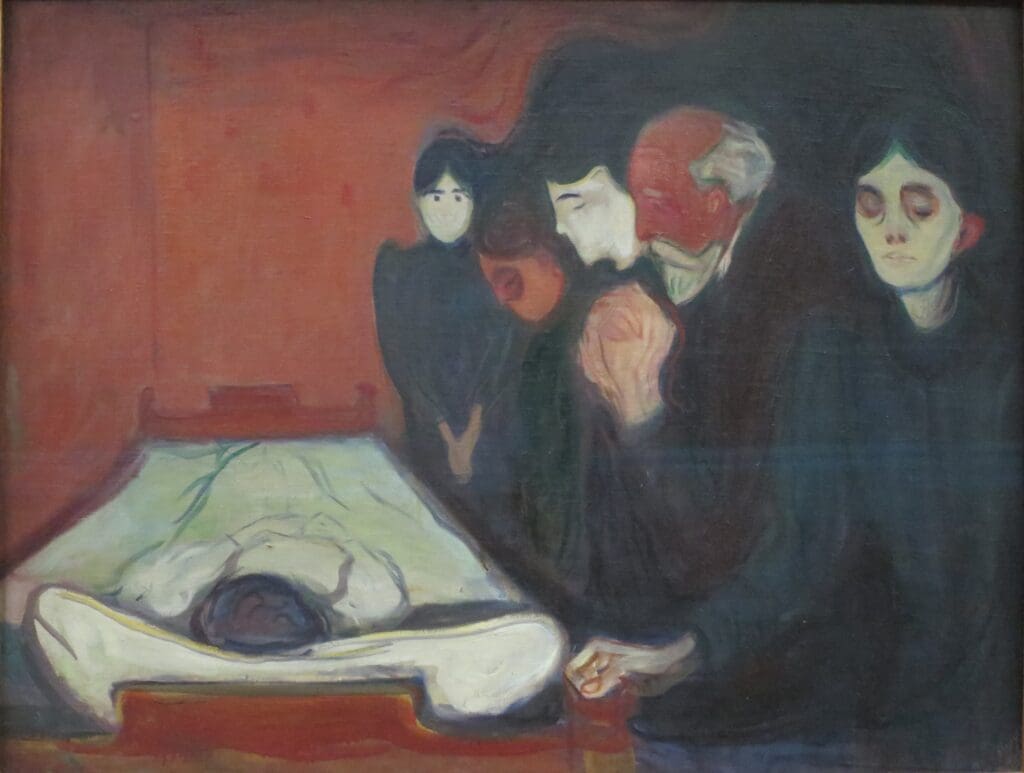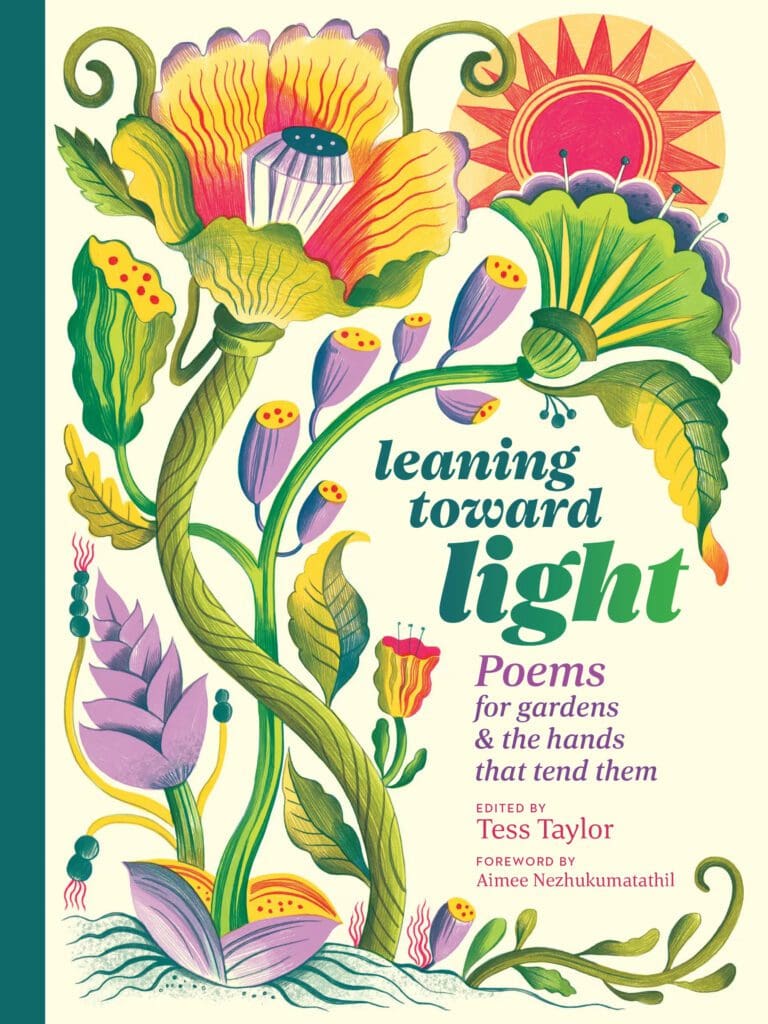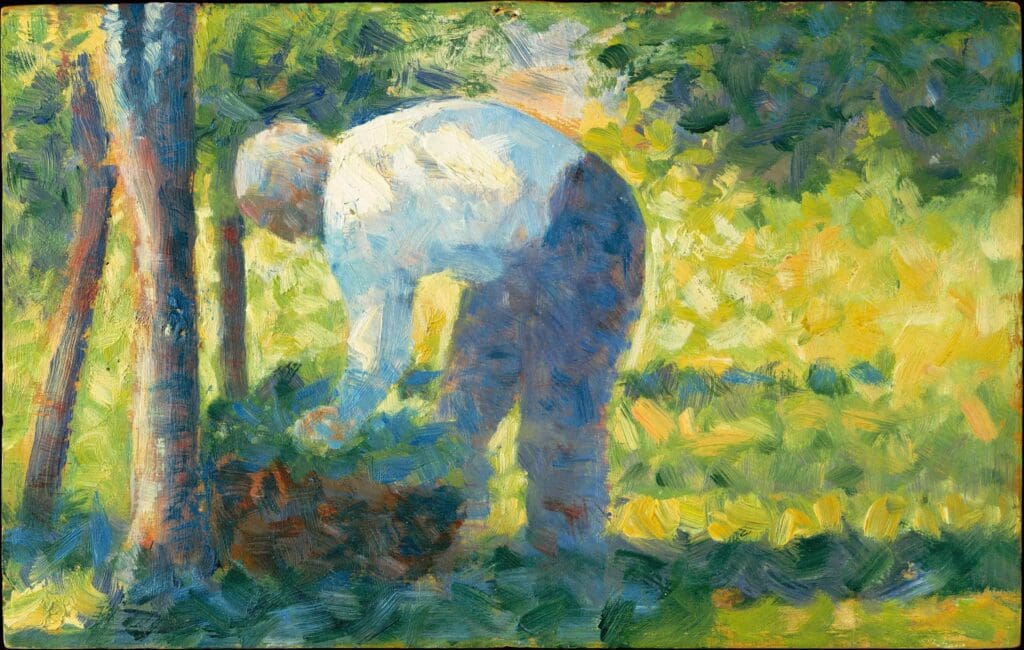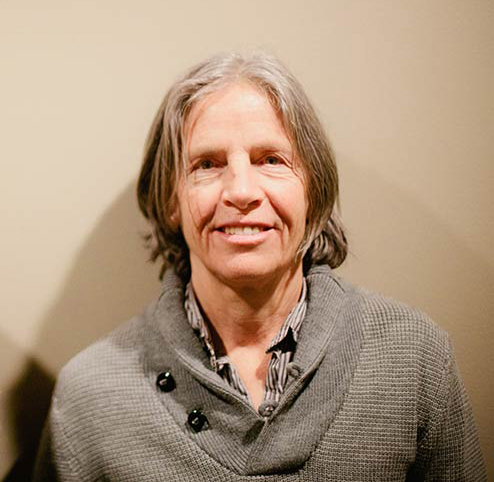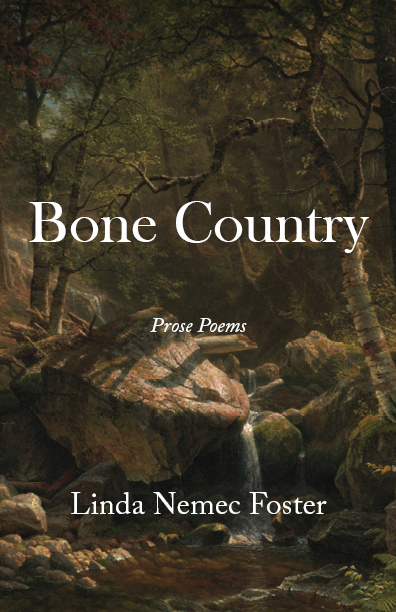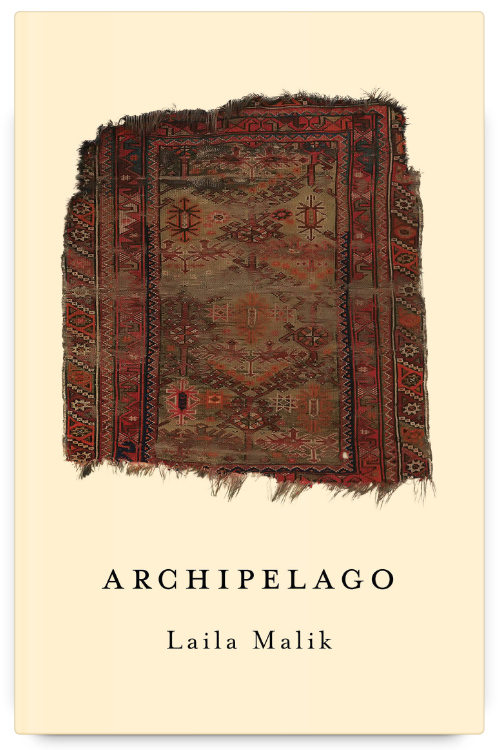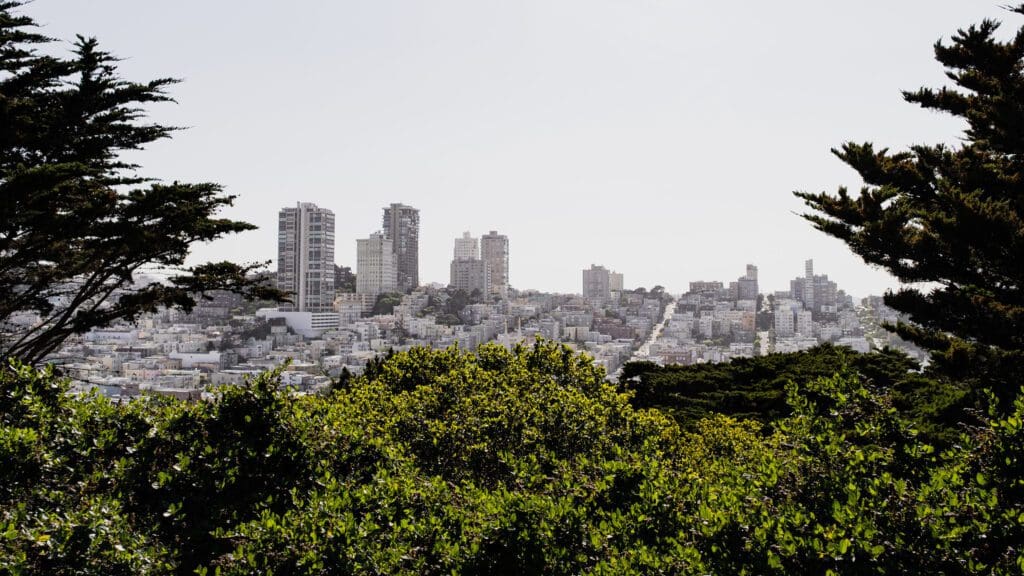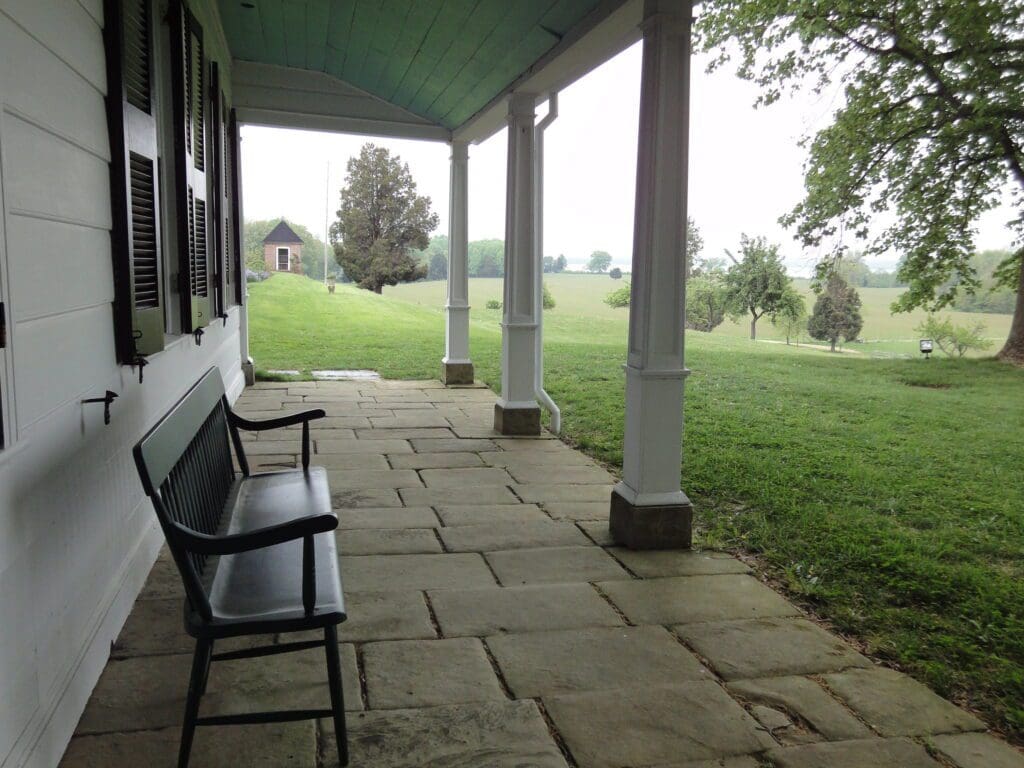The Blue Angels Have you heard the sound of them during Fleet Week the threat of our brute aerial power flaying whole afternoons in formation and turgid fumes over the Bay my friend at the Chron says they fly 700 mph and 18 inches apart skimming the filigree of a sound barrier until they bang through fog like a truncheon hitting a skull I first heard them as a young man newly-arrived in SF and immediately thought more towers were about to fall bombs whistling down bridge cables snapped and yet another date enshrined with our national fear I ducked […]
The Blue Angels / The Spirituals App
by David Roderick


